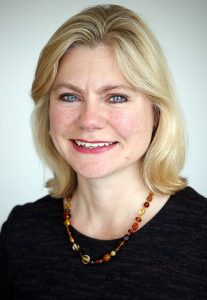A parliamentary question from Lucy Powell MP has revealed that the government no longer has any formal plans to increase the numbers of children from low-income backgrounds attending grammar schools.
In September 2016 the Department for Education’s Green Paper ‘Schools that work for everyone’ set out a number of ways in which selective schools could become more “representative of their local communities.” The ideas proposed included grammar schools being asked to admit a quota of children from poorer backgrounds, outreach work with local schools, and links between grammar schools and non-selective schools.
Justine Greening’s reply suggests that the DfE no longer has any explicit plans to help poorer children access selective schools. Instead the Secretary of State has only suggested that grammar schools might voluntarily improve their admissions arrangements to make them fairer.
Melissa Benn, chair of Comprehensive Future said, “September’s green paper painted a picture of a government greatly concerned that grammar schools improve entry for disadvantaged pupils. However, now that plans for new selective schools has been abandoned it appears to have lost interest, and it seems that proposals to make grammar schools fairer were just a way of appeasing critics of expansion. More than a quarter of local authorities still have some form of selective education, but these areas are now, once again, to be left to their own devices. Many children are being let down by socially segregated schools.”
A recent study found that more than a third of selective schools had made admission changes to offer priority for children from disadvantaged backgrounds. Comprehensive Future reviewed these admission changes and found that in most cases the admission changes were ineffective.
Melissa Benn said, “It makes absolutely no difference putting Free School Meals as a criteria if the problem is the test itself. Most children from poorer backgrounds have less chance to pass the selection test because they cannot compete with children who pay for a tutor, or they have little support at home to give them a chance.”
Benn said, “The ‘Schools that work for everyone’ consultation highlighted the many problems with selective schools, but it does nothing to fix these problems. More than 114,000 primary school children sit the 11-plus each year. This pointless divide of ten year olds should end.”






